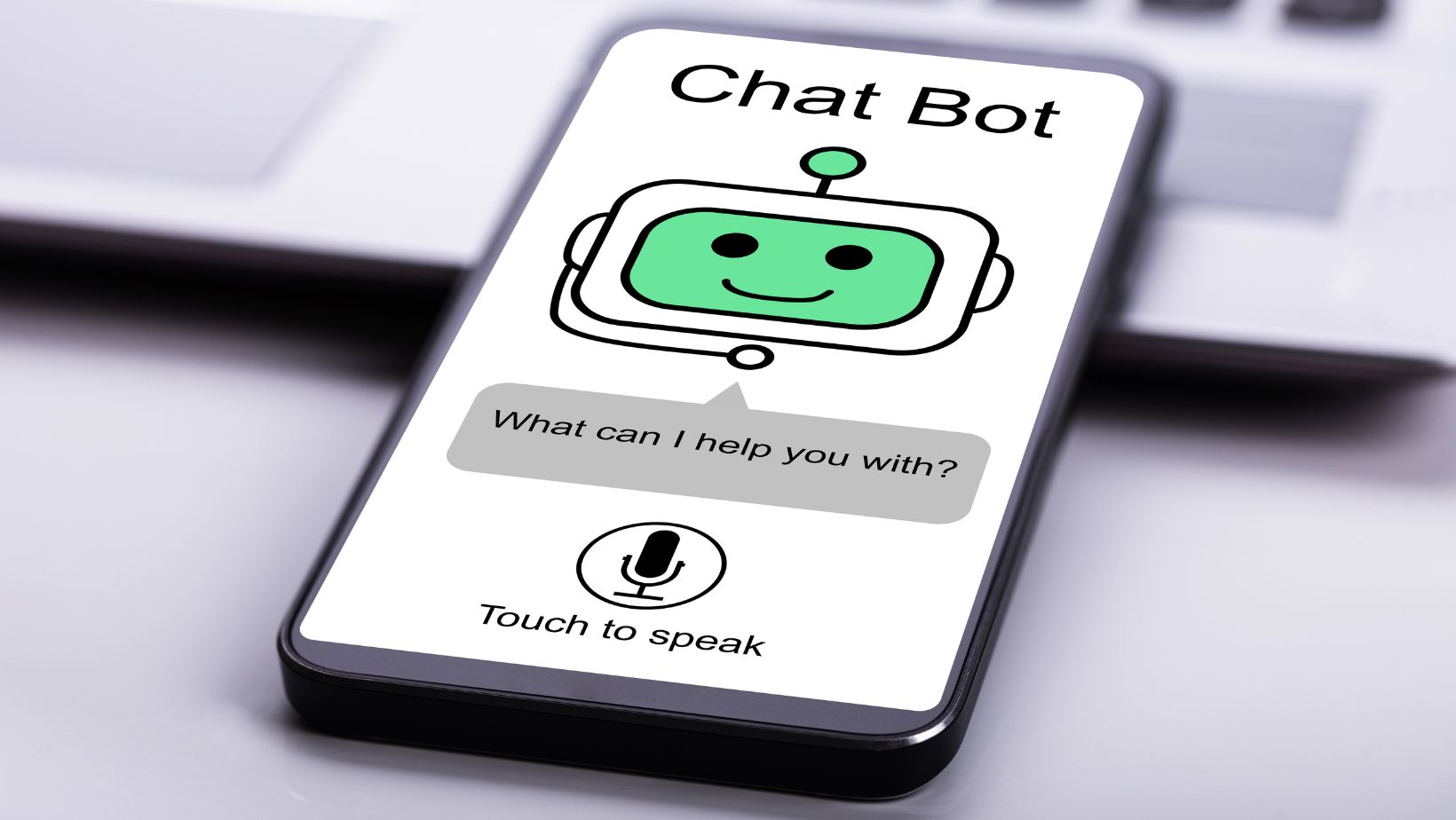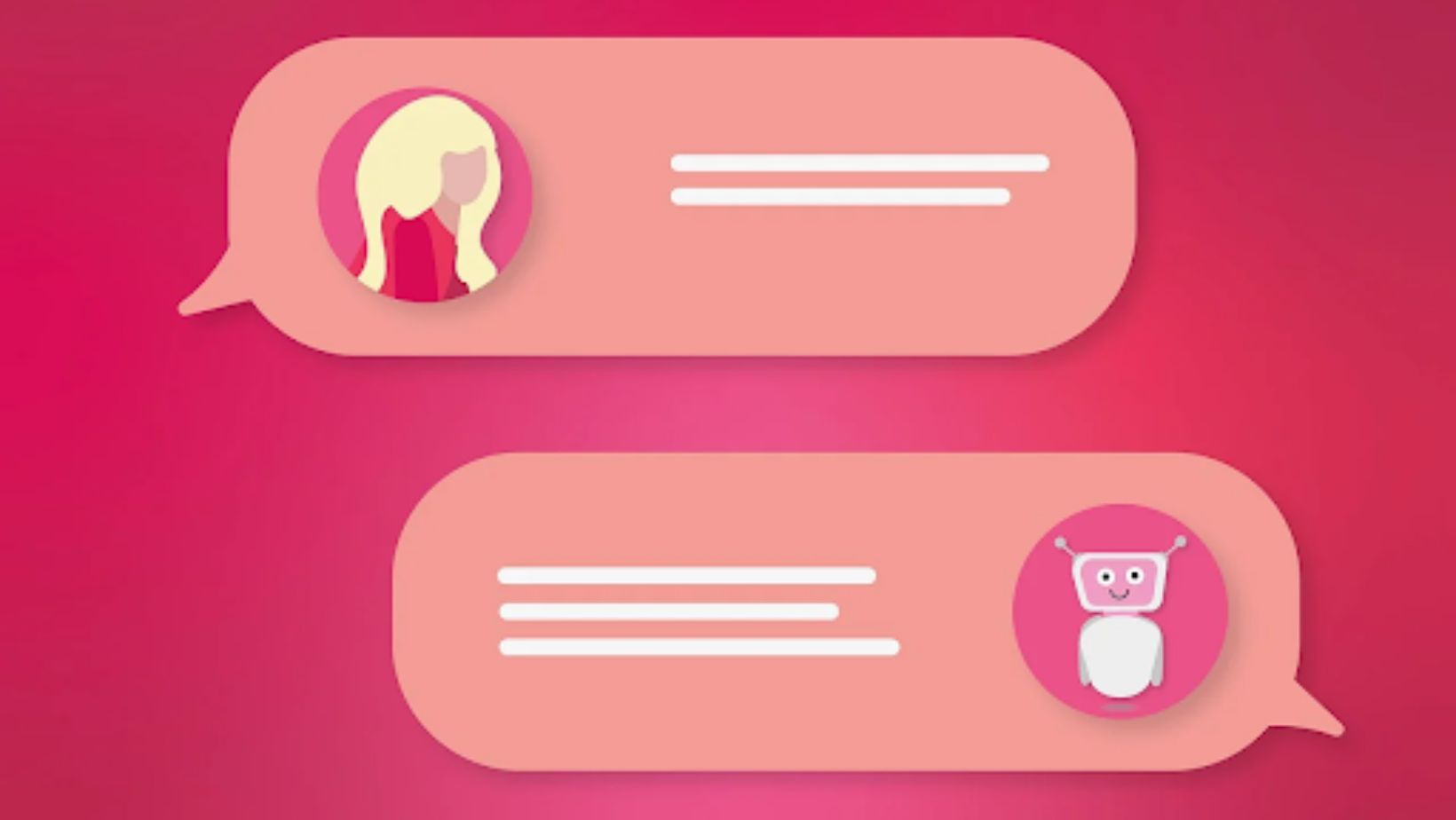In today’s digital age, businesses are constantly looking for innovative ways to enhance customer interactions and provide exceptional service. One technology that has been steadily gaining popularity and transforming the way businesses engage with their customers is chatbot technology. These intelligent virtual assistants have revolutionized customer interactions, offering a range of benefits that improve response time, personalize experiences, and streamline support processes.
What is Chatbot Technology?
Chatbot technology is a form of artificial intelligence that enables businesses to automate customer interactions using virtual assistants, commonly known as chatbots. These chatbots are designed to mimic human conversations and can communicate with customers via text or voice interfaces. They utilize natural language processing algorithms to understand and respond to customer queries, providing instant and accurate assistance.
Chatbots work by analyzing the customer’s input, interpreting the intent behind the message, and generating relevant responses. They can pull information from databases, knowledge bases, and external sources to provide the most up-to-date and accurate answers. With advancements in machine learning, chatbots can continually improve their responses based on user interactions, becoming more efficient over time.

Improved Response Time and Availability
In today’s fast-paced business environment, providing quick and efficient customer service is crucial for success. This is where chatbot technology can make a significant impact. By implementing a chatbot for your business, you can greatly improve response time and availability. Unlike traditional customer support methods that rely on human agents, chatbots can provide instant responses 24/7, ensuring that customers receive timely assistance regardless of the time of day. Whether it’s answering basic inquiries or handling routine tasks, a chatbot can efficiently handle a high volume of customer interactions, reducing waiting times and enhancing overall customer satisfaction.
Personalized and Tailored Experiences
Chatbots have the capability to analyze customer data and preferences, allowing businesses to provide personalized recommendations and suggestions. By leveraging information such as past purchases, browsing history, and demographic data, chatbots can offer customized product recommendations, targeted promotions, and tailored content. This level of personalization strengthens the bond between the customer and the brand, increasing customer satisfaction and loyalty.
Enhanced Self-Service Options
With chatbot technology, businesses can empower customers to resolve issues on their own through self-service options. Chatbots can automate tasks and transactions such as order tracking, appointment scheduling, and account management. Additionally, they can provide guided troubleshooting and support, offering step-by-step instructions to resolve common issues. These self-service capabilities reduce the reliance on human agents for routine inquiries, freeing up their time to handle more complex and specialized customer needs.
Streamlined Customer Support Processes
By automating routine inquiries and providing self-service options, chatbots streamline customer support processes, making them more efficient and cost-effective. Businesses can handle a higher volume of customer inquiries without increasing their support team’s size. Chatbots can quickly and accurately address frequently asked questions, reducing the workload on human agents. This enables human agents to focus on resolving complex issues that require a high level of expertise, resulting in faster resolution times and improved customer satisfaction.

Challenges and Considerations
While chatbot technology offers immense benefits, there are also challenges and considerations that businesses need to address. Chatbots require proper training and a robust knowledge base to ensure accurate and helpful responses. Businesses must invest in continuous monitoring and updates to ensure that chatbots stay up-to-date with the latest information.
It is also essential to strike the right balance between automation and the human touch. While chatbots can handle routine inquiries effectively, there are instances where human intervention is necessary. Businesses need to identify scenarios where live agent assistance is required and seamlessly transfer the conversation from the chatbot to a human representative.
The Future of Chatbot Technology and Customer Interactions
Chatbot technology continues to evolve, driven by advancements in artificial intelligence and machine learning. The integration of advanced technologies like sentiment analysis and natural language understanding will enable chatbots to provide more accurate and context-aware responses. Additionally, chatbots will become more adept at understanding emotions and delivering empathetic interactions, further enhancing customer satisfaction.
Image Source: https://unsplash.com/photos/a-woman-is-reading-a-book-with-her-hands-_CquNNr1744
In conclusion, chatbot technology has revolutionized customer interactions by offering improved response time, personalized experiences, enhanced self-service options, and streamlined customer support processes. Businesses across various industries have successfully implemented chatbots to improve customer engagement and reduce support costs. While there are challenges to consider, the future of chatbot technology looks promising, with advancements in AI and machine learning paving the way for more intelligent and empathetic virtual assistants.

